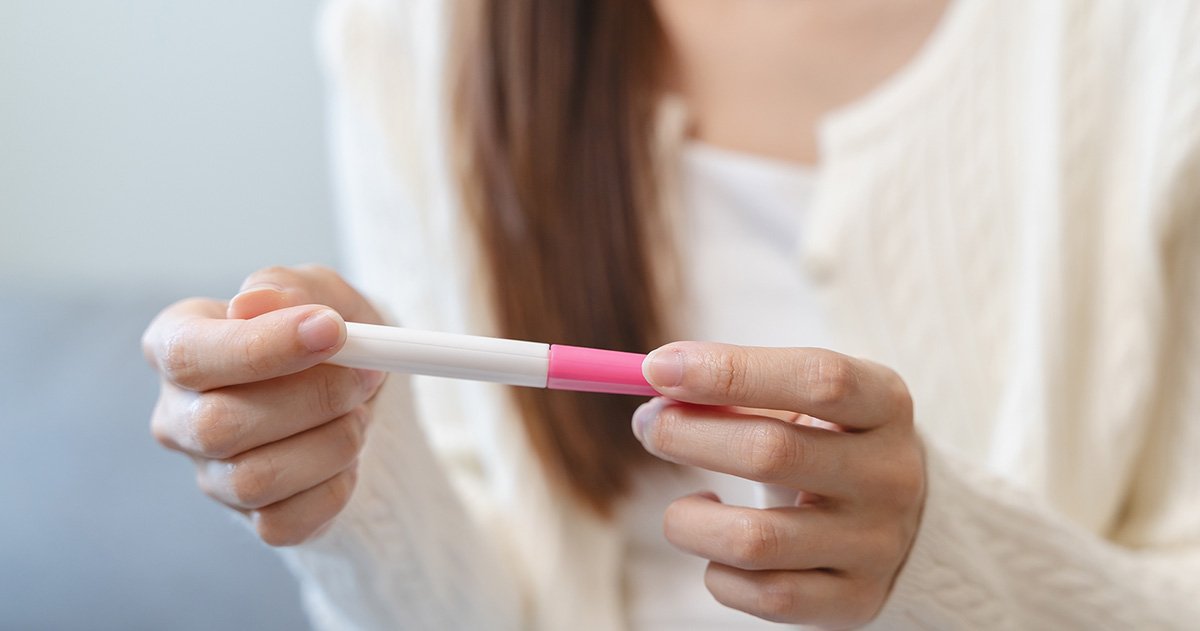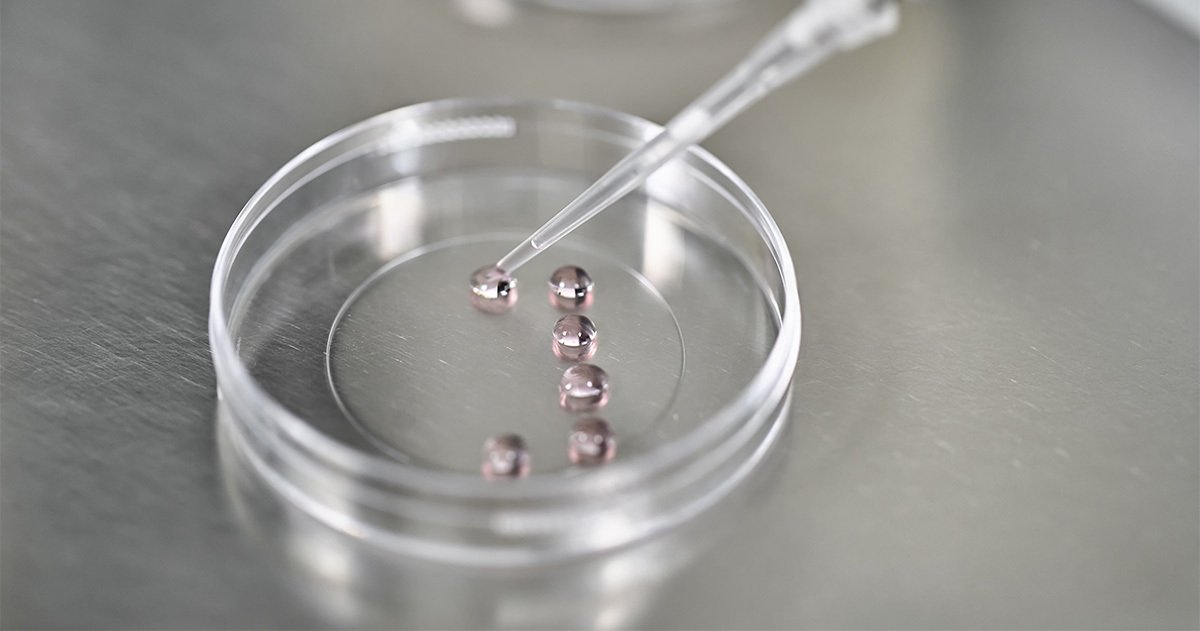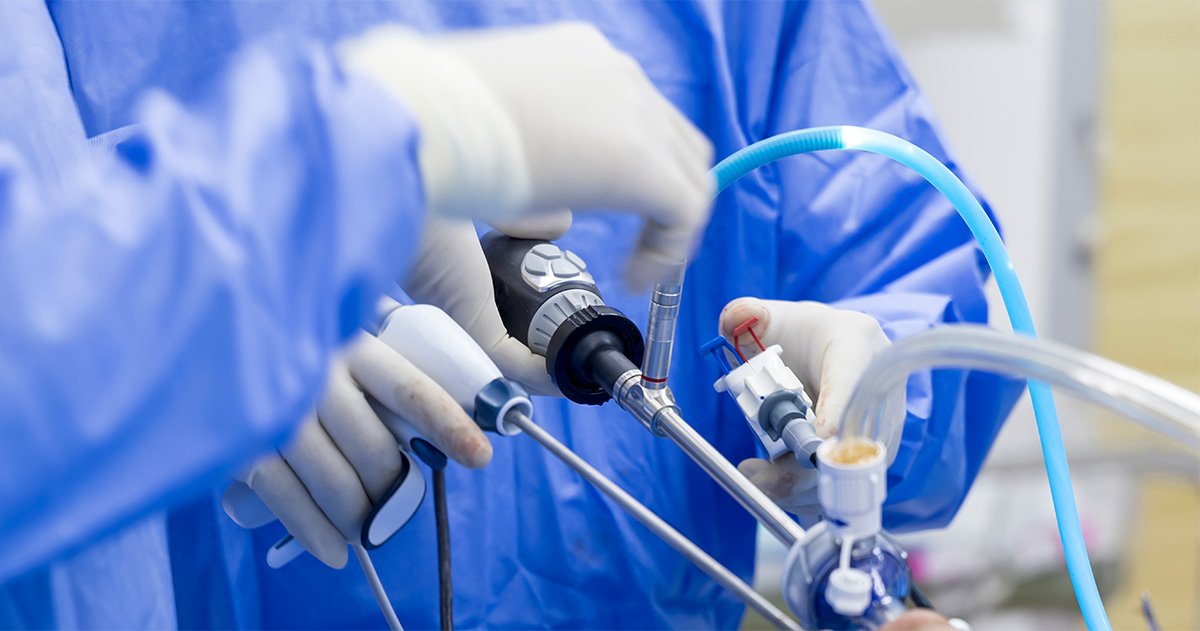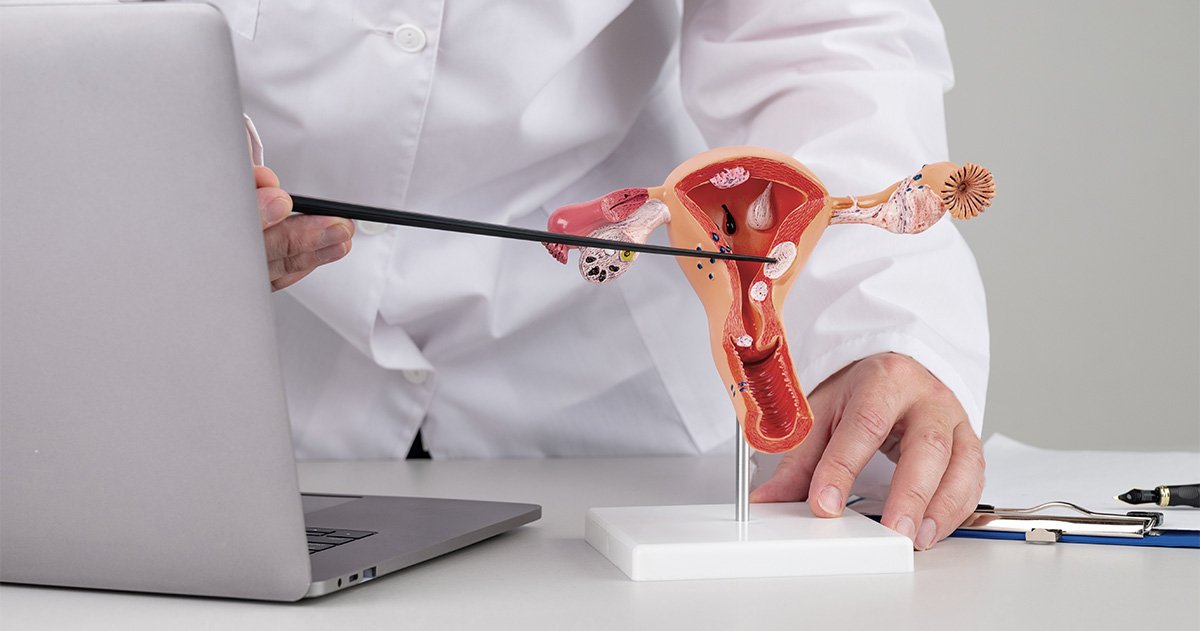
Understanding Male Fertility
Male fertility refers to a man’s ability to impregnate a woman naturally. Several factors can affect male fertility, including age, genetics, lifestyle choices, and underlying medical conditions. One of the key aspects of male fertility is sperm health, which encompasses the quantity, quality, and motility (movement) of the sperm cells.
Various factors can influence male fertility:
- Age —Advanced age can affect sperm quality and quantity.
- Lifestyle Choices — moking, excessive alcohol consumption, drug use, and obesity can all impact sperm health.
- Medical Conditions — Conditions such as diabetes, infections, hormonal imbalances, and anatomical issues can affect fertility.
- Environmental Factors —Exposure to toxins, pesticides, and radiation can harm sperm production.
Sperm health is evaluated based on:
- Sperm Count — The number of sperm cells in a given semen sample.
- Sperm Motility — The ability of sperm cells to move effectively towards the egg.
- Sperm Morphology — The shape and structure of sperm cells, which can impact fertility.
How Sperm Quality is Assessed
Assessing sperm quality involves a comprehensive semen analysis at a fertility clinic. This analysis evaluates several key parameters, including sperm count (the number of sperm cells per millilitre of semen), sperm motility (the ability of sperm cells to move effectively towards the egg), and sperm morphology (the shape and structure of sperm cells).
Additionally, the analysis assesses other factors such as semen volume, pH level, and the presence of any abnormalities or infections in the semen sample. By examining these parameters, healthcare providers can gain valuable insights into the overall quality of the sperm and identify potential issues that may be impacting fertility.
Strategies to Improve Sperm Health
Improving sperm health involves adopting lifestyle changes and considering specific interventions aimed at enhancing fertility.
Lifestyle Changes for Improving Fertility
- Diet and Nutrition — A balanced diet rich in antioxidants, vitamins (such as vitamin C and E), zinc, and folate can support sperm production and quality. Include foods like fruits, vegetables, whole grains, nuts, and lean proteins in your diet.
- Foods that Boost Fertility — Certain foods are believed to boost fertility, including oysters (rich in zinc), walnuts (source of omega-3 fatty acids), and pomegranates (high in antioxidants).
- Nutritional Supplements for Sperm Health — Supplements like coenzyme Q10, L-carnitine, and folic acid may be beneficial for improving sperm quality. However, consult with a healthcare professional before starting any supplements.
Exercise and Physical Activity
Regular moderate exercise can help maintain a healthy weight and improve overall well-being, which can positively impact fertility. Avoid excessive exercise that raises testicular temperature excessively, as this can affect sperm production.
Stress-Reducing Activities and Mindfulness Practices
ReChronic stress can adversely affect fertility. Engage in stress-reducing activities such as yoga, meditation, or deep breathing exercises to promote relaxation and reduce stress levels.
Strategies for Reducing Testicular Heat
Avoid hot baths, saunas, and tight-fitting clothing, as excessive heat can negatively impact sperm production. Opt for loose, breathable clothing and maintain a moderate temperature in your environment.
Fertility Treatments and Options
If lifestyle changes alone do not improve fertility, various medical treatments and assisted reproductive technologies (ART) may be considered. These include intrauterine insemination (IUI), in vitro fertilisation (IVF), and intracytoplasmic sperm injection (ICSI), among others.
When to Consider Fertility Treatment
If you have been actively trying to conceive for a year without success (or six months if you are over 35 years old), it may be time to consult a fertility specialist. Early intervention can increase the chances of successful conception and pregnancy.
Finding a Qualified Practitioner
When seeking fertility treatment, choose a reputable specialist and perhaps one who is well-versed in male fertility. Look for clinics that offer comprehensive diagnostic services and personalised treatment plans.
It’s also important to find a doctor whom you feel comfortable with, as they will be with you throughout your fertility journey. A healthcare practitioner who understands both your needs and concerns can go a long way in supporting you and improving your pregnancy outcomes!
Supporting Your Partner’s Fertility Journey
If your partner is facing fertility challenges, your support is crucial during this shared fertility journey:
- Importance of Partner Support: Emotional and practical support from your partner can make a significant difference.
- Communicating and Coping Together: Open communication and mutual understanding are essential for navigating the emotional challenges associated with infertility.
- Consult a Fertility Specialist: Encourage your partner to consult a fertility specialist for a thorough evaluation and tailored treatment plan.
Summary
Optimising male fertility and sperm health involves understanding the factors affecting fertility, making lifestyle changes, considering fertility treatments when necessary, and providing support to your partner throughout the journey. Book a consultation with us for personalised guidance and recommendations tailored to your unique needs and circumstances.!
References:
https://www.mayoclinic.org/…/art-20047584
https://www.ncbi.nlm.nih.gov/…/PM-C8255896/
https://www.healthline.com/…/normal-sperm-count
https://nuhsplus.edu.sg/…/what-you-need-to-know-about-male-infertility/








